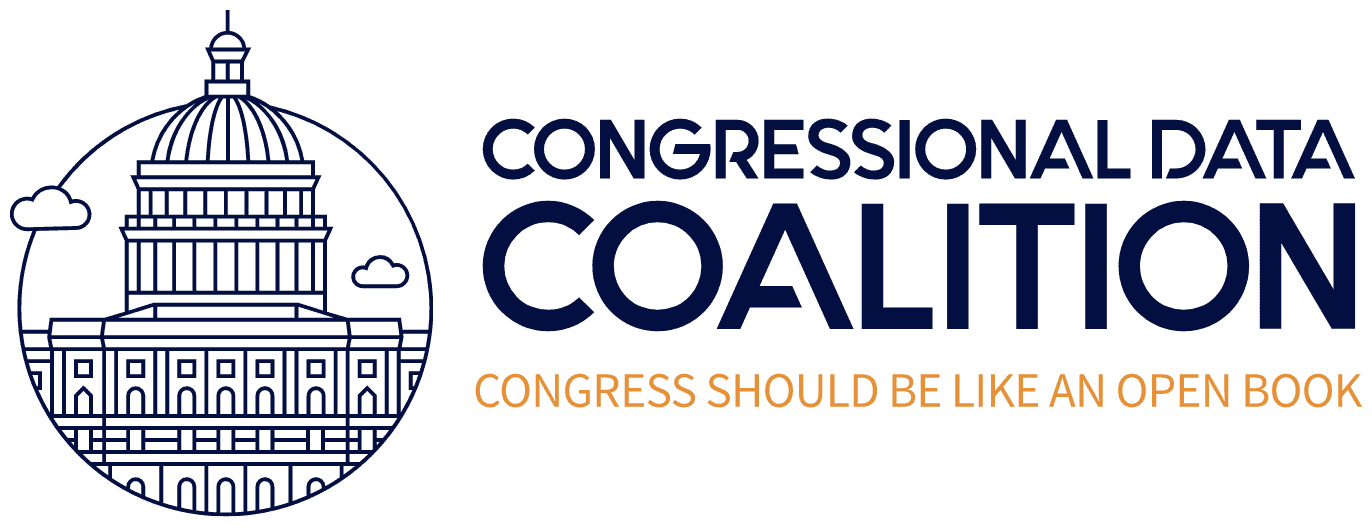At last week’s full committee markup of the Legislative branch’s appropriations bill, Rep. Mike Quigley (D-IL) offered an amendment that set the stage for more transparency around Congressional Research Service reports; Rep. Wasserman Schultz (D-FL) successfully pushed for an amendment to create a House Technology Task Force; and Rep. Mike Honda (D-CA) offered and withdrew an amendment to create a task force on establishing a bicameral chief technology officer.
Also debated were cuts in funding to the Government Publishing Office’s online document repository FDSys and the defunding of the Open World Leadership Council, an international legislative exchange program. Included in the final appropriations bill was the continuation of a cost-savings effort to limit or ban the distribution of print copies of documents to congressional offices, including bills and resolutions, the Congressional Record, the U.S. Code, Reports of Disbursements, and the Daily Calendar, in favor of online access.
Congressional Research Service Reports
Rep. Mike Quigley offered and withdrew an amendment to the committee report that would require the Congressional Research Service to publish online a cumulative, continuously-updated list of all new CRS Reports. The list would contain the name of the report, its unique ID number, and the report status (new, updated, or withdrawn.) This requirement applies to widely-shared CRS Reports and would not apply to confidential memoranda prepared by CRS at the request of member.
Here is the text of the amendment:
PUBLIC ACCESS TO TABLE OF TITLES OF CRS REPORTS
SEC. 1202. (a) TABLE OF REPORTS.—The Director of the Congressional Research Service shall establish and include on the public website of the Service a cumulative table in CSV or XML format that shows the title and report number of each CRS Issue Brief and each CRS Report which is issued, updated, or withdrawn by the Congressional Research Service at any time after the date of the enactment of this Act (including during fiscal years beginning after fiscal year 2016).
(b) CONTINUOUS UPDATES TO TABLE.—Not later than 24 hours after a CRS report is issued, updated, or withdrawn, the Director shall update the table established under subsection (a) to include the title and number of the report and to indicate the action taken with respect to the report.
(c) EXCLUSION OF CONFIDENTIAL MATERIALS.—The Director shall not include in the table established under subsection (a) any report prepared by the Congressional Research Service as the product of a confidential research request made by a Member of Congress (including a Delegate or Resident Commissioner to the Congress).
Rep. Quigley is a longstanding champion of public access to CRS Reports. CRS receives more than $100 million annually to write reports and answer congressional questions. Many of its reports become available to the public, but usually through indirect means that require the public to pay for access. Rep. Quigley has co-sponsored other legislation that would require equal public access to all widely-distributed reports, but this amendment was focused only on listing the reports. In doing so, it avoided the traditional (unpersuasive) objections raised by CRS to its making the reports themselves available to the public.
In an email, Rep. Quigley’s office said they would continue to pursue the effort, adding that other members of the committee expressed an interest in learning more and possibly supporting the measure.
Watch Rep. Quigley discuss his amendment here.
Improving Congressional Technology
Rep. Wasserman Schultz offered a successful amendment to create a “House Technology Task Force” modeled after the successful Bulk Data Task Force, whose recommendations on publishing legislative data in formats that can be easily used by others resulted in significant changes in House practices and a new Rule for the 114th Congress. This new Task Force is directed to
identify and report to the Committee opportunities to enhance coordination of information technology efforts in the House, including, but not limited to, IT architecture and life cycle investment strategies, end-user training, network security, and recommendations for shared services that may improve IT effectiveness at a lower overall cost to the House.
This appears to establish a coordinated effort to use information technology to find new efficiencies in congressional operations. This is notable from a transparency perspective because improved congressional processes rely on better information technology coordination and infrastructure, and that in turn can facilitate greater disclose and a freeing up of resources for new initiatives.
Here is a video of Rep. Wasserman Schultz introducing the amendment.
A thematically-related amendment was offered and withdrawn by Rep. Honda to create a bicameral Chief Technology Officer.
Here is a video of Rep. Honda introducing the amendment.
The legislation must still be approved by the full House of Representatives, and identical legislation considered by the Senate.
